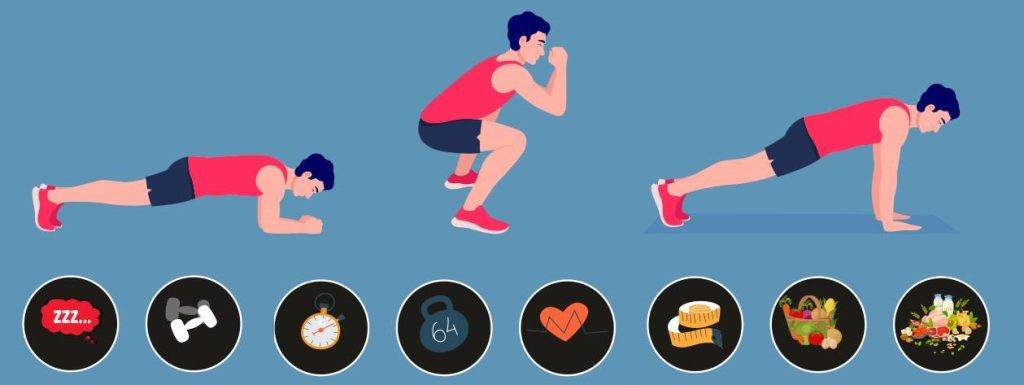Outlined below are 10 Simple Ways to Gauge Your Health. The one thing I have learned over a lifetime of neglecting my health is that you are filled with regrets when it fails.
I should know, and my health history confirms the fact that I failed to maintain my health and nearly lost it three times (not including attempted suicide). Importantly, I have reclaimed my health and found my purpose.
This website and the book currently in production (Life is a Gift—Health is a Choice—Choices Have Consequences) deliver hope to people who believe their lives are coming to an end because of an illness or medical condition.
- Check your pulse: Take your pulse for 60 seconds to measure your heart rate.
- Monitor your weight: Weigh yourself regularly to assess your overall health.
- Measure your blood pressure: Use a home blood pressure monitor to measure your blood pressure regularly.
- Track your sleep: Use a fitness tracker or smartphone app to track your sleep patterns and quality.
- Count your steps: Use a fitness tracker or smartphone app to count your daily steps.
- Check your diet: Monitor what you eat to ensure you are getting the right nutrients.
- Practice mindful eating: Pay attention to how you feel before, during, and after eating.
- Stay hydrated: Drink enough water throughout the day to stay hydrated.
- Exercise regularly: Incorporate physical activity into your daily routine.
- Get your vitamins: Take a daily multivitamin or individual vitamins to ensure you get all the necessary nutrients.

Measure my Fitness and Health
Measuring your fitness and health involves more than just stepping on a scale. It is essential to consider various factors, such as your body composition, strength, cardiorespiratory endurance, flexibility, diet, and mental health. Here are some key ways to measure your fitness and health:
- Body composition measures body fat relative to lean body mass. Various methods measure body composition, such as a skinfold calliper, bioelectrical impedance analysis, and dual-energy X-ray absorptiometry (DEXA) scan.
- Strength: You can measure your strength through various methods, such as a one-rep max test, a timed repetition test, or a resistance training program.
- Cardiorespiratory endurance: You can measure your cardiorespiratory endurance by tracking your heart rate during physical activity. You can also track your maximum oxygen uptake (VO2 max) through a graded exercise test.
- Flexibility: Flexibility can be measured with a sit-and-reach or range-of-motion test.
- Diet: You can measure your diet by tracking your daily caloric intake, macronutrient ratios, and nutrient density.
- Mental health: Mental health can be measured using various assessments, such as the Hamilton Depression Rating Scale or the Beck Depression Inventory.
